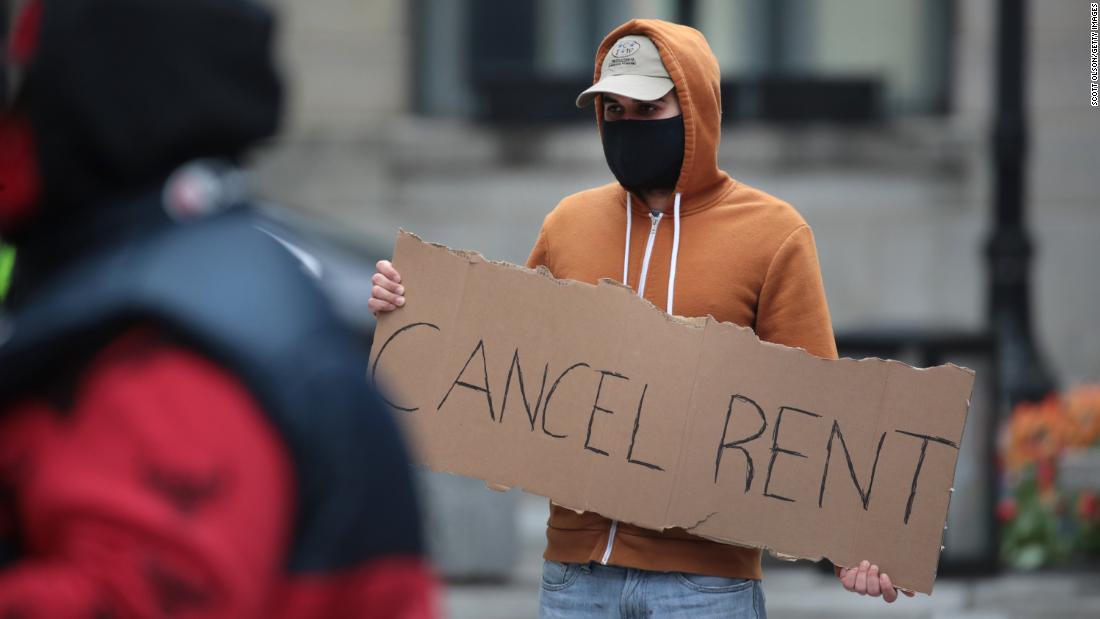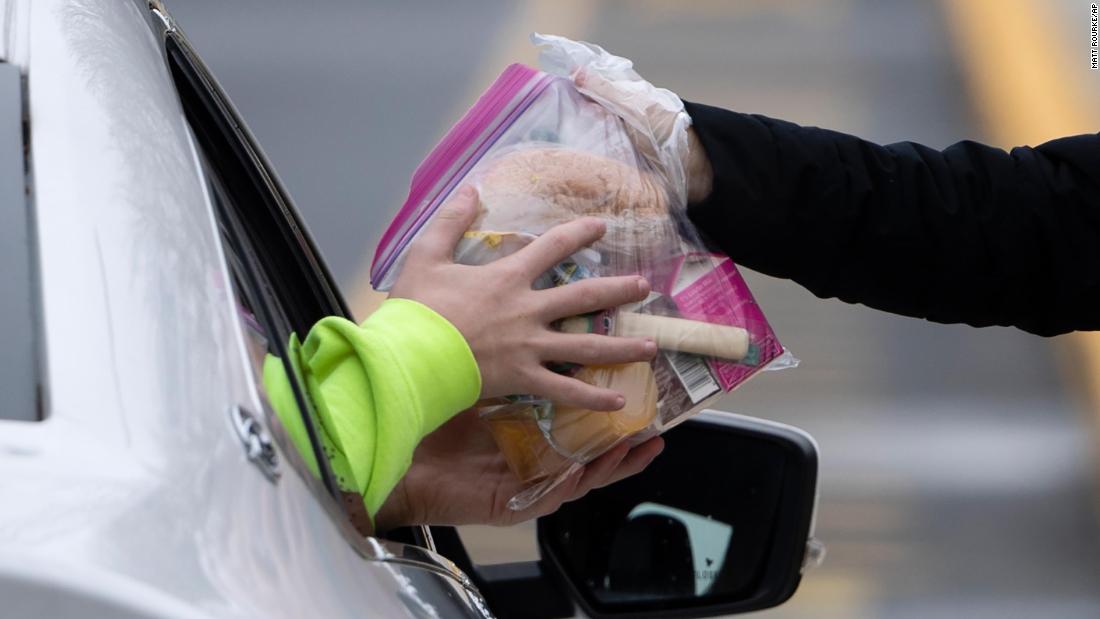U.S. employers unexpectedly added jobs last month as the unemployment rate declined, signs that people are returning to work as states reopen their economies. President Trump celebrated the news.
The Treasury disbursed $146 billion in unemployment benefits in the three months through May, but claims totaled about $214 billion.
Enhanced unemployment benefits could push jobless Americans off safety net programs like Medicaid, food stamps and welfare, or reduce their financial aid.
Black employment rates are plummeting, and the evolving wealth and income hit could fall on the shoulders of those ill-equipped to bear it.
NPR’s analysis shows just how stark the impact has been on African-Americans and Latinos. Experts say the pandemic will go on — for everyone — unless we direct resources where they’re most needed.
Hardship programs appear to be helping many people pause payments and survive the economic shutdown so far. But not everybody is getting the help, and advocates see big potential trouble ahead.
As states reopen, tenants are facing the end of freezes on rent payments and evictions put in place at the start of the pandemic despite still-rising joblessness and a stalled economy.
Millions of low-income school children are still waiting receive federal help to buy food, even as the number of families having trouble affording groceries skyrockets.
Illinois will become the first state to provide Medicaid for undocumented seniors not only because of what state Rep. Delia Ramirez has heard from her









